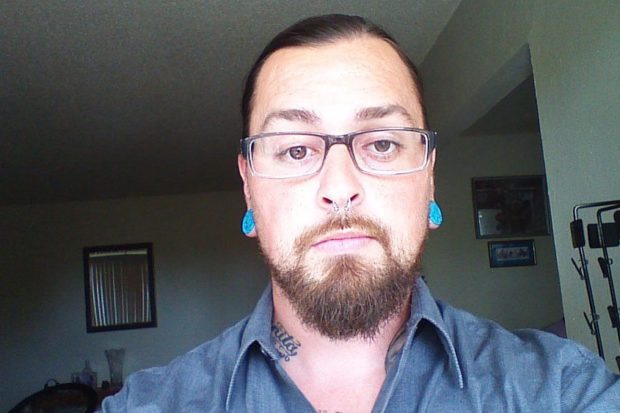
By Ernesto Saavedra

“Alicia was a happy person. She called and couldn’t wait to come home,” Margie Kobashigawa said while speaking about her daughter, Alicia Thompson, mother of three, who died of an alleged suicide on Feb. 24, 2014, while in the Solitary Housing Unit (SHU) of the California Institution for Women (CIW) in Corona.
When covering the Prison Industrial Complex here in the United States, we hear and read about the alarming incarceration rates of men, in particular, Brown and Black men. Unfortunately, the incarceration of women is often overlooked but is just as important. According to a report by The Sentencing Project, a research and advocacy group for prison sentencing reform, “the number of women in prison increased by 646% between 1980 and 2010, rising from 15,118 to 112,797.1; this is 1.5 times the rate of men (646% versus 419%).”
Furthermore, according to the report, when comparing the incarceration of women and men:
- Women are more likely to be in prison for drug and property offenses, whereas men are more likely to be in prison for violent offenses.
- Women in prison are more likely than are men to be victims of staff sexual misconduct. More than three-quarters of all reported staff sexual misconduct involves women who were victimized by male correctional staff.
- Women in prison (59%) are more likely than are men (43%) to have chronic and/or communicable medical problems (including HIV, Hepatitis C and sexually transmitted diseases).
- Nearly three-quarters (73%) of women in state prisons in 2004 had symptoms of a current mental health problem compared to 55% of men.
Similar to the incarceration rates of men, per 100,000, Brown (77%) and Black women (133%) are incarcerated at higher rates than White women (47%).
The California Coalition for Women in Prison (CCWP) looks to bring more attention to the abuse and lack of access to healthcare that women experience while incarcerated.
According to the CCWP, “Since the closure of Valley State Women’s Prison in January 2013, overcrowding at CIW has skyrocketed. Medical care has significantly deteriorated and there has been a dramatic increase in the population of the SHU and other disciplinary segregation units. Overcrowding has aggravated mental health issues causing an increase in the number of mentally disabled people in the SHU even though this is the worst place to put them.”
Colby Lenz, a member of the CCWP, talked about how the SHU dehumanizes people: “Women labeled mentally ill are put in the SHU and are denied access to healthcare. They are not seen as human beings. The SHU is solitary confinement, despite the CIW’s PR [public relations] person saying it’s not.” When asked about the impact this has on families of the women incarcerated that are suffering and or have died due to abuse within the walls of the prisons, Colby said that “there are layers of grief, drama and barriers.” Margie knows this too well.
Margie got the call Feb. 28 from the CIW saying that Alicia died and she had until June 7 to pick up the body; she would be charged $20 after that. As Margie made arrangements for Alicia’s burial, the CIW called her saying they wanted the body back. Margie grew suspicious.
“They were saying Alicia committed suicide. There’s no reason for her to commit suicide,” Margie said while speaking with her over the phone. “There was no evidence of suicide. When I received her body, she had bruises on the left side of her face and a dent in her head. What are they hiding?”
Since Alicia passed away, Margie has been restlessly fighting to get some answers despite being given the runaround and the emotional and financial toll this has had on her and Alicia’s children.
“[Alicia’s] children are traumatized, they ask for their mother all the time,” she says. “It’s not easy. I work full time and [financially] I don’t get enough for three kids.” Still, Margie says, “I can’t have peace until I find out what happened to my daughter and would like to talk with other families that have gone through this to unite and fight this.”
Margie is currently trying to get a lawyer but is repeatedly told nothing can be done without the autopsy report, which the CIW told her would be “several months” before she gets it. It’s been nine months since Alicia’s death. Margie is still waiting.
If you would like to help and/or learn more, contact the California Coalition for Women Prisoners at 415-255-7035 ext. 314 or info@womenprisoners.org.
